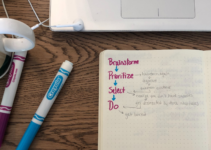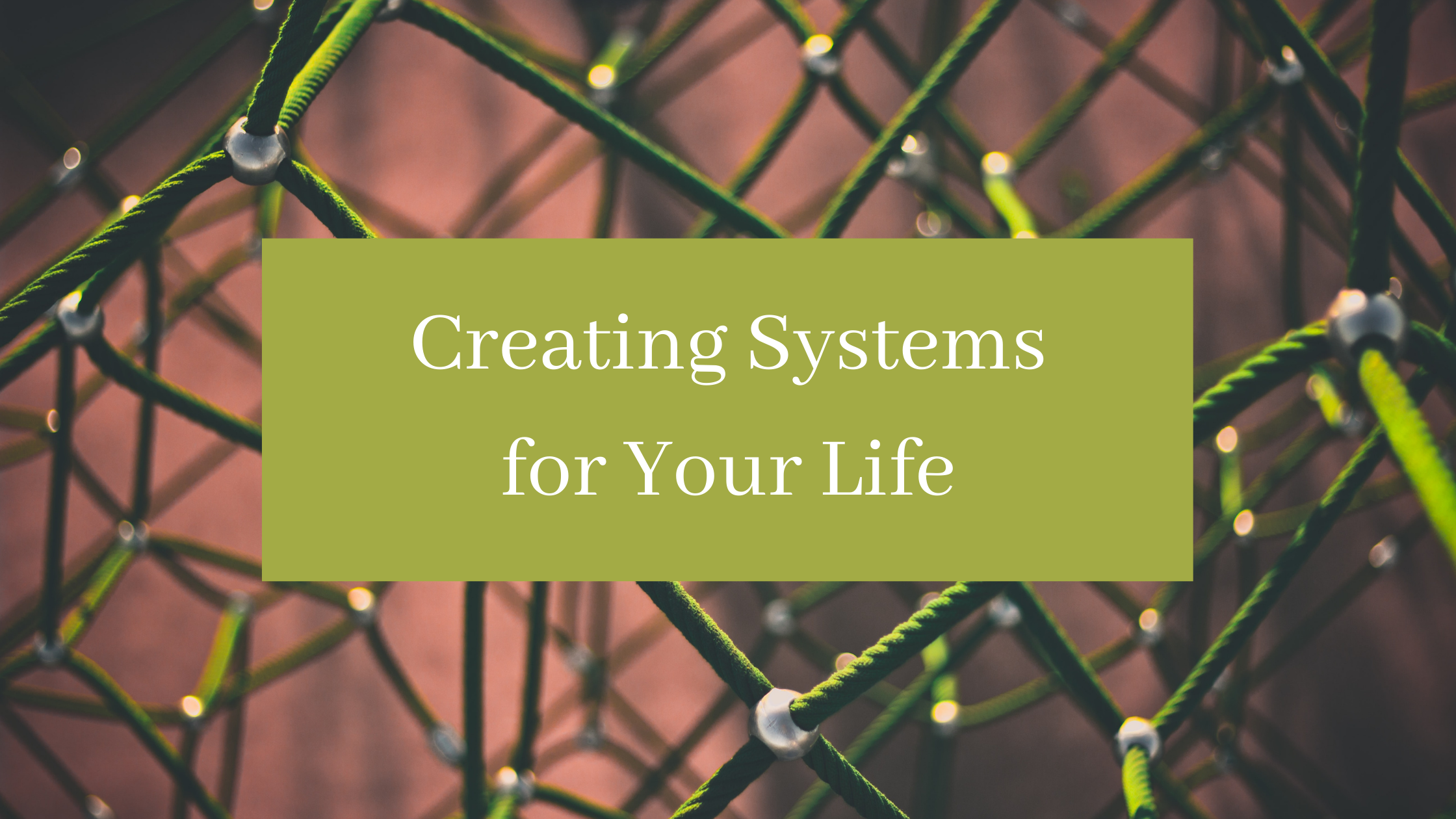I talked about ultralearning in this post, but I realized: I don’t want to do this. But that doesn’t mean that I didn’t find anything useful in the book. On the contrary, I found some great ways that ultralearning can be useful for scanners.
What is Ultralearning?
Scott H. Young coined the term ultralearning for his book, Ultralearning. It’s the process of completing a learning project to learn a new skill. This isn’t an institutionalized process, but Young found 9 principles that people developed independently as they were building their projects. It’s a really fascinating concept that can enable someone to effectively learn something in a shockingly short amount of time. But ultralearning isn’t built for scanners.
Why Ultralearning Won’t Work for Scanners
If you’re a scanner personality, you have a TON of different interests. And all of them are deeply interesting, not just a passing fancy. So in theory, ultralearning is perfect for a scanner! It’s a way to develop a project so that you get the most out of your projects!
…except it’s all about being deeply focused on one thing at a time. There are some scanners that could deal with that. But it sounds like my own personal hell.
But fear not! There is plenty about ultralearning that can work for scanners!
Ultralearning – Takeaways for Scanners
There are a ton of great nuggets about how people learn in this book. But here are my big three takeaways for how apply ultralearning as a scanner.
Research
When you start on a project, don’t you want to jump right in? My blog name is inspired by how much I want to get going on new projects. I want to go before all the lights are green! But reading through Ultralearning, I realized that I could be more efficient if I take some time and research first.
Young suggests estimating the length of your project and taking 10% of that time to research before you start! This might be too long for things you’ve done before. But taking a few hours over the course of a week or so can reap rewards down the line. Young suggests researching necessary skills for your project, common ways to learn those skills, and resources to reference as the project progresses.
For scanners, researching can look like working your idea in your scanner daybook or just simply learning about a bunch of different methods before jumping in with the first one you find.
Flexibility
When I get bored, I usually want to drop the project. And it’s not a bad thing to do that. But sometimes, I get stubborn. I don’t want to quit because I want to get to my imagined final result. But brute-forcing my way through it is a great way to kill my love for the outcome.
Young introduced me to the concept of metalearning – paying attention to how you learn. I got a taste of this as I’ve been learning German. I started with intensive classes, but my brain zones out after about 2 hours of direct instruction. Then, I picked up the Fluent Forever method. But after a while, I noticed I shy away from opportunities to speak in German. So I signed up for online classes.
This might seem like a meandering, pitfall-laden way to get to German proficiency, but it demonstrates the flexibility that ultralearning can provide to scanners. By taking time to reflect on progress and identifying emerging needs in your project, you’ll be able to move forward faster – and avoid the “do it just to get it done” issue.
Going forward, I’m going to be more aware of what projects I’m taking on to enjoy (playing piano, for example), and which I’m trying to reach a finish line. For my projects with a finish line, paying closer attention to my progress and being willing to shift gears in the middle of a project is going to help me enjoy my projects more.
Review, Review, Review!
If you know you’re a scanner, you’re probably open to learning about yourself and how you can best operate in the world. But do you take that a step further and pay attention to how different strategies and techniques work for you? It’s not a binary, you can constantly reevaluate to tweak things to work for you!
But simply trying new ways of doing things isn’t going to build your ultralearning muscle over time. You need to make dedicated time to step back and evaluate your progress. For me, this is probably going to look like some pages in my scanner daybook recording which learning techniques I use on which projects and how that works for me.
The same goes for schedules! I’ve found a great rhythm with my blog. On blog-writing days, I do 3 30-minute writing sessions with 10-minute breaks between. I developed this during NaNoWriMo – I probably wrote about 2/3 of my 50,000 words in 30-minute bursts. But I want to be better about paying attention to my scheduling quirks to smooth my project progress!
Summary:
I started this post by pointing out that ultralearning’s hyperfocus on one project might not be best for scanners. But at the end of the day, ultralearning is a strategy, not “the right way to do things”. Young himself acknowledges that ultralearning isn’t the only way to do it, so incorporating mastery or slower habit builds to learning are great ways to get projects done. But I think that the book Ultralearning has a lot in it for scanners.



